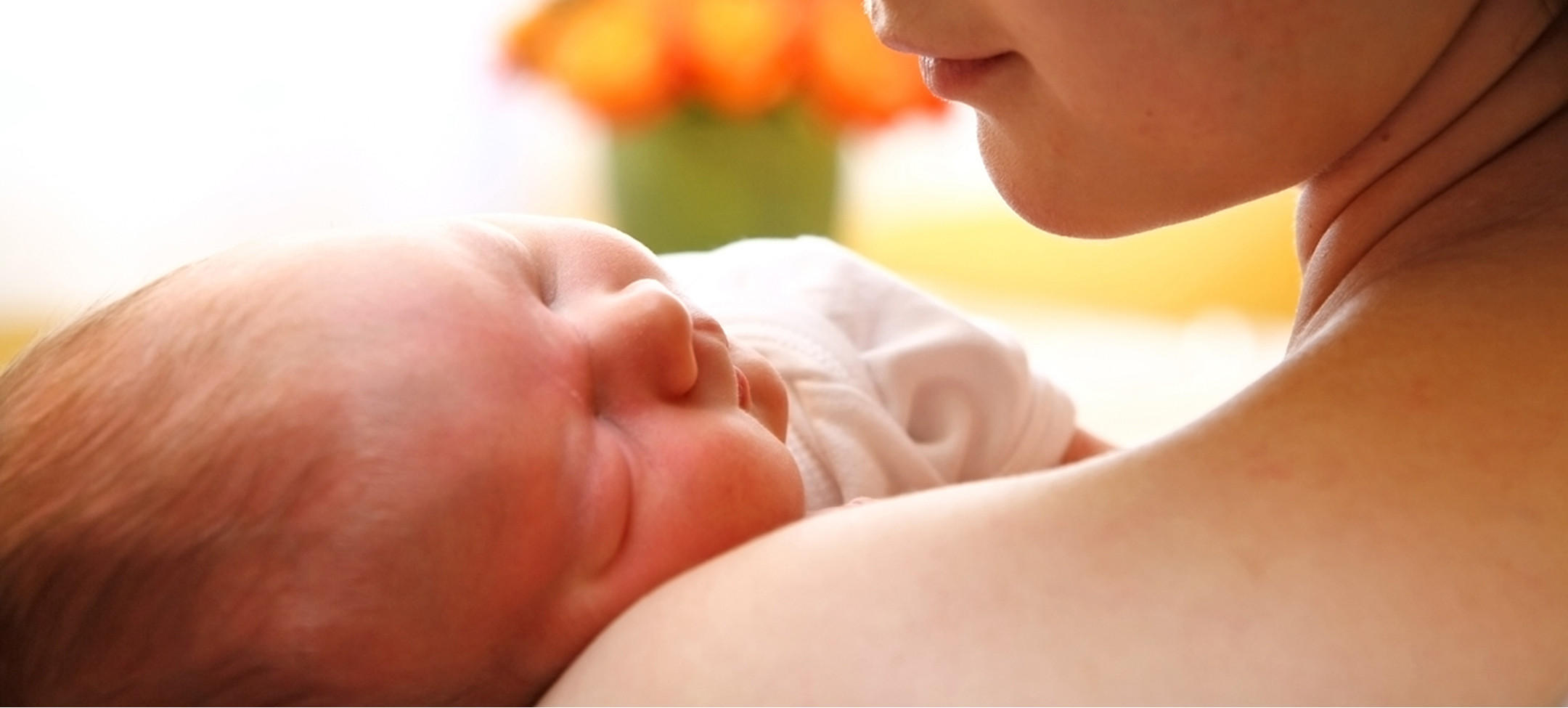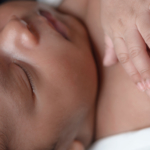
17 Apr Genetic testing guidance for parents
Genetic testing can give you vital information if you’re planning a family, advises Dr Di Milnes
Not so long ago, diagnosis of a recessive condition such as adrenoleukodystrophy was only possible after a child developed symptoms. For many rare conditions, the time from onset of symptoms to diagnosis was lengthy; often, this diagnostic odyssey remained unresolved as test after test failed to find an answer. Rare childhood diseases left families facing considerable uncertainty, not only for what the future held for their child but whether this disease could happen again, afflicting a younger sibling or future pregnancy. This diagnostic and reproductive uncertainty left parents fighting for their child whilst too scared to chance another pregnancy.
For many families, the lack of diagnosis meant numerous invasive tests and a never-ending cycle of hope followed by despair as the cause of their child’s condition remained elusive. A diagnosis not only provides an answer but it also means an end to exhaustive testing in their child. It can provide information as to what the future may look like, if certain therapies should be started or stopped and what the likelihood is, of this happening again. If the underlying genetic cause is known, testing can be offered to relatives to determine their chance of having a child with the condition previously diagnosed in their family. It also provides the opportunity for reproductive options, including prenatal testing or testing embryos (preimplantation genetic diagnosis) created through IVF.
But what if you don’t have a family history of a genetic condition? Does this mean you can’t have a child with a serious condition? The answer is no; the absence of a family history does not mean you are not at risk of having a child with a serious condition such as adrenoleukodystrophy. This is because many rare diseases of childhood are recessive conditions and carriers of recessive conditions typically don’t have any symptoms. We are each a carrier of three to five different genetic conditions; being a carrier is not unusual. There are two different types of recessive genetic conditions: autosomal recessive and X-linked recessive conditions. To understand recessive genes, we first need to understand chromosomes.
We each have 23 pairs of chromosomes, one copy inherited from mum and one copy inherited from dad. The first 22 pairs are similar between boys and girls; the 23rd pair are the sex chromosomes – girls have two X-chromosomes whilst boys have an X- and a Y-chromosome. The Y-chromosome contains genes that direct the developing baby down the pathway of becoming a boy. Our chromosomes contain our genes, over 20, 000 pairs, each copy inherited from a parent. Genes have variations in them that make us different from one another, our human traits. Sometimes a variation in a gene stops it from working properly, resulting in human disease, depending on whether the gene is a recessive gene or not. An autosomal recessive condition is due a fault on a gene located on one of the first 22 pairs of chromosomes whilst an X-linked recessive condition is due to a fault located on the X-chromosome.
I don’t have a family history of any genetic conditions
In autosomal recessive conditions, a person with a fault in one of their two copies of a gene is known as a carrier of that condition. Unbeknownst to them, when two individuals carrying the same faulty gene have a baby, there is a 25% chance of having a child with that condition. In X-linked recessive genetic conditions, a woman with a fault in one of her two copies of the X-linked gene is a carrier; she typically does not have symptoms because the second copy of the X-linked gene is working. A female carrier of an X-linked recessive condition has a 50% chance of passing down the faulty copy of the gene in each pregnancy. Boys who inherit the faulty gene will be affected because they don’t have a second working copy of the gene. Testing is now available for many of these conditions as part of preconception carrier screening.


What is preconception carrier screening?
Preconception carrier screening is a simple blood test covering hundreds of different recessive conditions. Whilst the list of conditions included on the preconception carrier screen varies depending on the laboratory, they all include recessive conditions expected to have a serious outcome in childhood, with no or limited treatment options. Preconception carrier screening may be offered in one of two ways: sequential screening with testing the woman first, followed by partner screening if the woman is identified as a carrier. The second option is to test both partners together.
What will happen if I am a carrier?
For couples found to be at an increased risk of a genetic condition, the information can be unexpected and upsetting. It is important that you receive specialist genetic advice regarding your options. If you are already pregnant, options include prenatal testing or not testing the baby at all. If you are not pregnant, options might also include testing an embryo created through IVF. This information can also mean earlier diagnosis and intervention for your future child, avoiding years of investigations.
I’m worried about privacy – does this mean I can’t get insurance or that my family will know my results?
Your results are confidential. We support you in finding ways to communicate this information with your family members, as they may also be a carrier, but this choice is always yours. Being a carrier of a recessive genetic condition will not impact your eligibility for insurance and you are not obliged to disclose this information to your insurer or your employer. New laws introduced this year protect consumers from having to disclose an adverse genetic test result for life cover up to $500,000, $200,000 of trauma cover or $4,000 per month of income protection cover.
Where can I learn more about preconception carrier screening?
Speaking to a genetic counsellor or geneticist will assist you in making a decision that is right for you. Genetic counsellors and geneticists are experienced in all aspects of preconception carrier screening and genetic conditions. A genetic counsellor and geneticist will discuss your own risks of being a carrier, including analysis of your family history. We are experts at explaining complex genetic information in a way that is easy to understand, taking into consideration your own beliefs and values in planning a family.
Dr Di Milnes is a Clinical Geneticist and Managing Director at Genes Australia.
Illustrations: Genetic Home Reference Library, US National Library of Medicine



